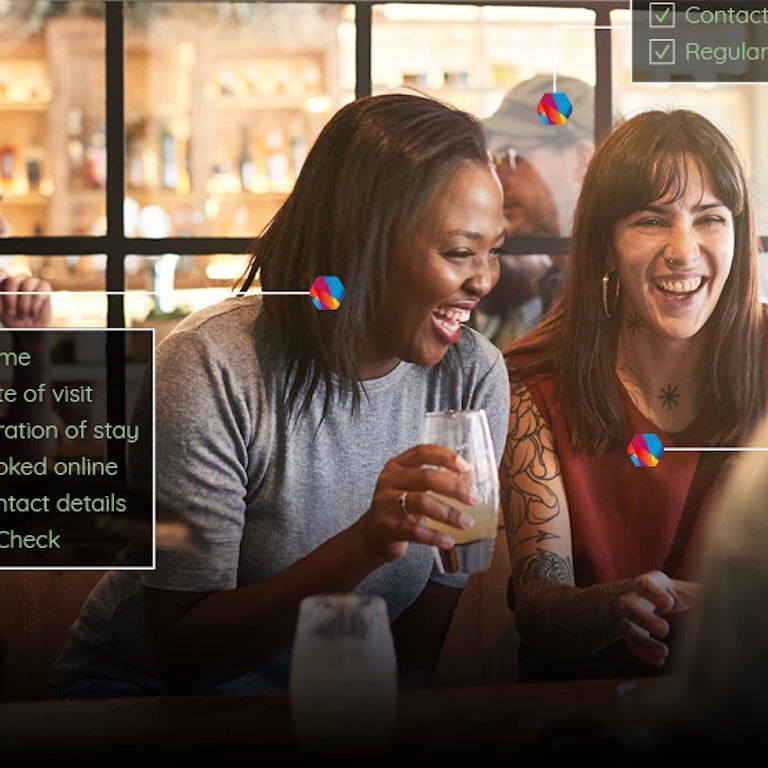Recording customer data
The government is advising pubs to keep a temporary record of all customers and staff shift patterns for 21 days to help the NHS’ test and trace initiative.
At present, this is ‘guidance’, not legislation (as long as you meet other social distancing criteria). But this could change, and you may want to act sooner rather than later to start collecting customer data efficiently.
What does this mean for your data?
There are two challenges here. Firstly, data privacy has not disappeared since the pandemic, so you’ll need to be mindful of collecting and disposing of data within GDPR regulations.
Secondly, you’ll need to be confident that the data you collect is reliable. If not, your part in the test and trace scheme becomes redundant.
You might already have data management tools that can be adapted for this purpose, or you may need something new
Either way, Data Governance will need to become your number one priority.
Data governance ensures that everyone who handles your data understands how to handle it properly. It governs your processes and makes sure that data quality is maintained. If customer data collection is going to work for your pub, you’re going to need to address this promptly, so that everyone from your CEO to your bar staff know what’s expected from them when it comes to data.
Thinking about your data collection process
The first step is to think about the best way to collect your data in order for it to stay manageable and reliable.
Will you opt for online bookings prior to anyone visiting the pub? Or maybe your staff will need to ‘book in’ customers manually when they arrive: in which case, whose responsibility is this? If people will be booking by phone, will your staff need to input their data into a system while they are on the call? Will ID be required at point of service – not just to ‘challenge 25’, but to check bookings match up with attendees?
As time goes on, you might want to explore ways to improve the user experience. For repeat customers, an opt-in system where data is stored beyond 21 days so that they don’t need to keep providing their information over and over again could be a perk. But to do this effectively (and legally) you’ll need to make sure any such system conforms to GDPR.
Once you have some idea of your process, a formal data governance initiative will help you iron out the creases and be confident that you are taking the right steps to keep your customers – and their data – safe.
Chucked in at the deep end of digital transformation? We can help.
In short, this pandemic has thrown the hospitality industry in at the deep end of digital transformation, but you can get your customer data in shape relatively quickly with the right tools and processes.
At Comma, we’ve worked with a lot of pub and hospitality companies, including Greene King, Whitbread and Mitchells & Butlers, to make sure that their data was up to the task of digital transformation.
If you’d like some data advice, or want to take immediate action with a Data Quality, Data Governance or Data Transformation programme, give us a call on 01926 911 820 or email [email protected].




